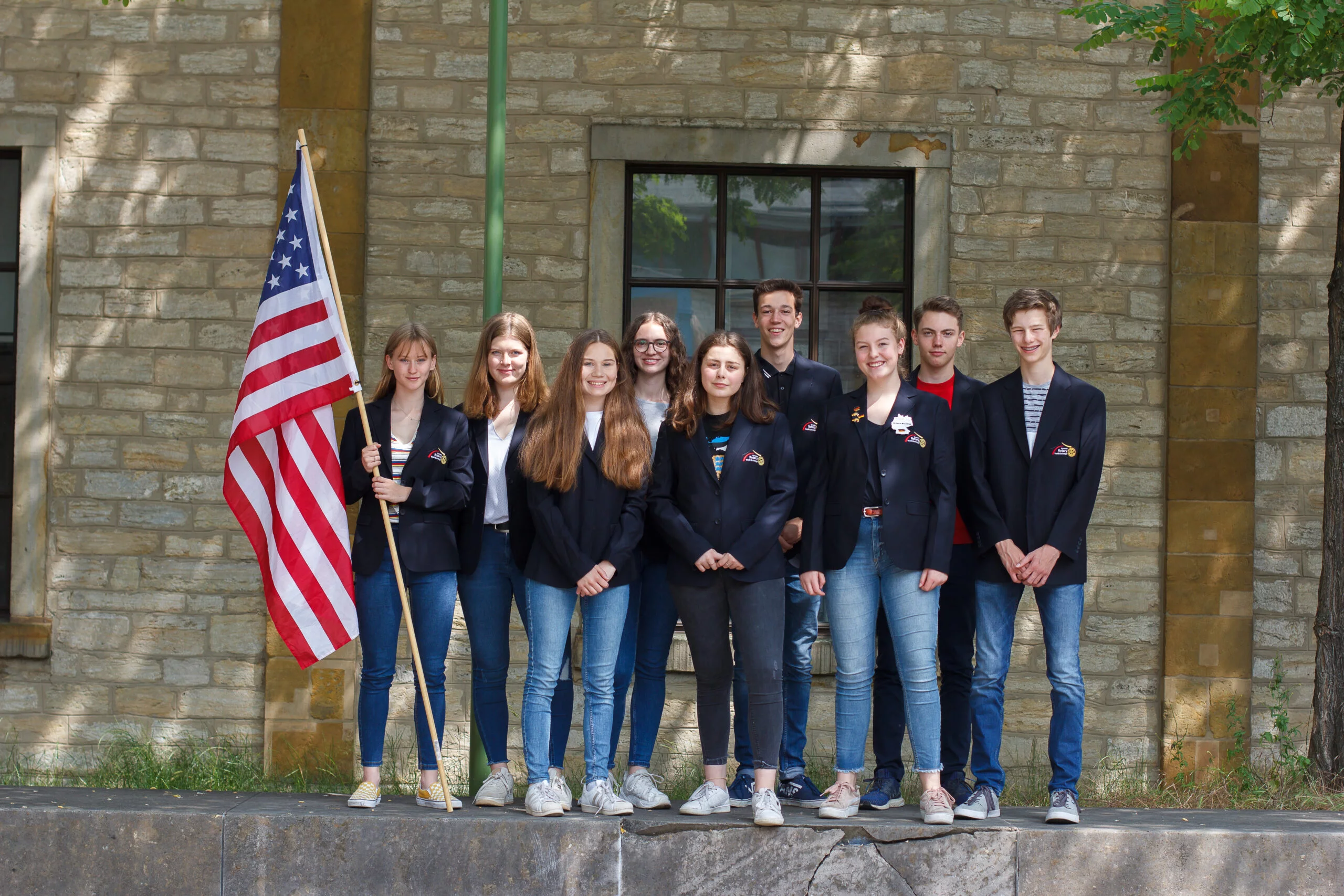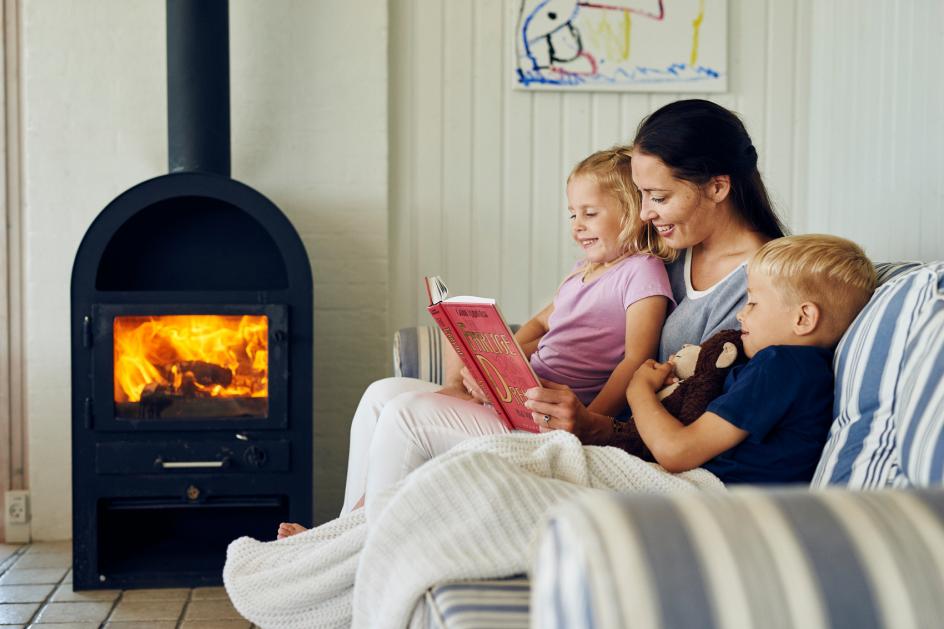
Inbound information

Everything you need to know
Your sponsoring Rotary Club and District in your Home Country will prepare you for your stay in Denmark. However, we will try to ease your preparations with some specifics about Denmark and the Rotary Youth Exchange program in our country.
Age
To apply for the exchange to Denmark you have to be between 16 and 18 years of age at the begin of your exchange year (1st of August school start).
Arrival
Denmark schools break only for seven weeks in summer. We expect your arrival some days before school starts after the summer break. Districts have set up a time window during which you have to arrive in Denmark. Check early with your travel agent to book your flight. You have to have an open end return ticket. In case you have any problems with the dates, contact your Host District Chair immediately and before you book.
Young Leaders Exchange Management
After we have received your application, we will set up your account in our Danish Young Leaders Exchange Management. You automatically will receive an E-Mail, send to your E-Mail Address as listed in the application. Please complete your data and do not forget to update your database account regularly during your exchange year.
District
After you have received your hosting information – latest after you got back the completed Guarantee Form – you should contact your District Chairman, your Host Club and Host Parents to introduce yourself.
Duration of Exchange
The end of the exchange is the end of the school year for summer students.

The home
Danish social life revolves around the home and family. Danes like to stay home and entertain at home. They invest a major part of their income in their homes which can be seen in the high standard of their buildings, décor and furniture. All Danish homes are extremely well insulated and heated – you will not be cold indoors during the winter. However, heating, hot water and electricity are expensive and students coming from countries where energy is cheap often forget this. Many homes have wooden floors and visitors are expected to take their shoes off when coming in.
Mealtimes are communal, and should be respected. When called to the table to eat with the family, ensure you are there promptly. A tradition – and one which any Danish hostess will love you for – is to thank the hostess for your meal by saying ‘tak for mad’.
Danish children are given a lot of freedom and responsibility, which will also be extended to you.


Emergency Fund
For unforeseen expenses which you might have to cover bring 300 Euro. They must be given to the student’s Host Club YEO after arrival in cash. At the end of the exchange, you will get the money back which is not used.
First night
First nights at your new hostfamily aren´t always easy. To help you communicate and to check out rules and habits in Denmark and of your hostfamilies, we developed the questionaire „Let´s talk about“ for you.
Let’s talk Danish – English
Let’s talk Danish – Spanish
Let’s talk Ingles – Espanol
The School
You will be going to school in Denmark. This is a good thing because you will meet many people of your own age quickly. Danish schools are used to foreign students, so neither teachers nor students will look upon you as if you were a mysterious creature from another planet.
You will fit into your class easily and be accepted in no time, but we recommend learning Danish as quickly as possible, to avoid missing out on some of the lessons and to make friends quickly. On the other hand, you should do extremely well when English is on the timetable! There is a distinctly easy relationship between teachers and students and Danish schools are much less strict than schools in many other countries.
There is much less formal discipline, more self-discipline. But please do not miss school without permission. The relaxed atmosphere does not mean that you should not be present and work – only that schools expect students to take responsibility for themselves. Teaching in practical subjects such as woodwork and home economics is somewhat limited. However, this is made up for by the availability of foreign language subjects – English, German, French etc.

